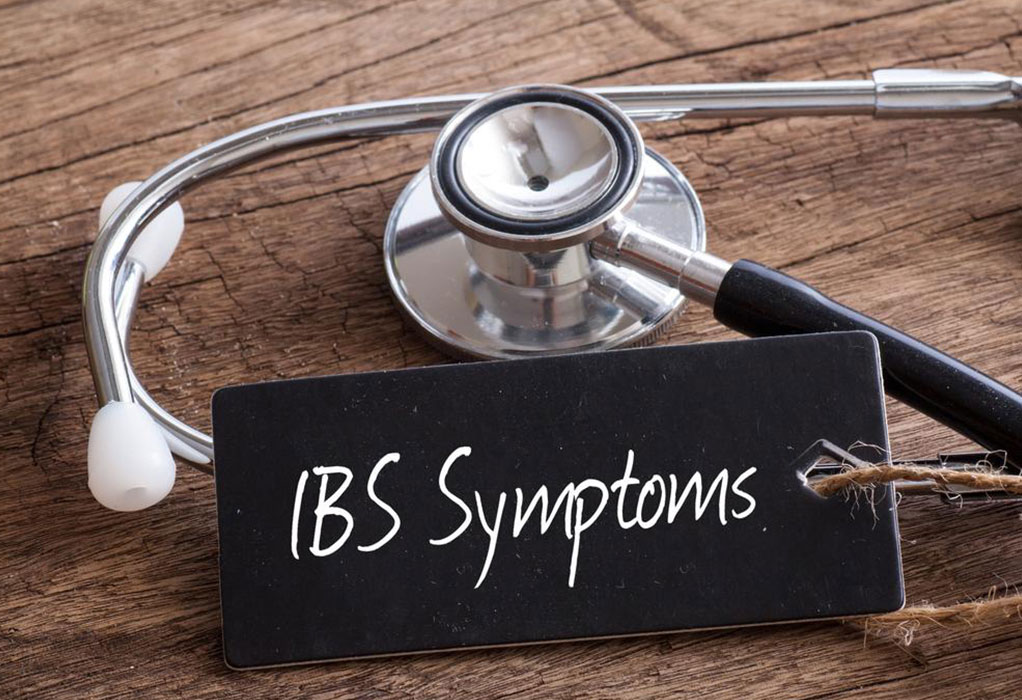
Symptoms
Understanding All Stages of Parkinson’s Disease
Parkinson’s disease is commonly known as PD and is a progressive and a chronic movement disorder. All the symptoms continue and worsen over a period. In this disease, there is the death of the nerve cells which are vital, and all this happens in the brain. These nerve cells are the neurons. Parkinson affects the neurons Substantia Nigra area or part of the brain. The Dopamine levels in the brain, which help to send messages to the brain from the rest of the body gradually decrease, this, in turn, leaves the person feeling helpless as the movement is not controlled or is erratic. The cause of Parkinson Disease is unknown, and generally, there is no real cure apart from some surgeries and medications that are used to reduce the effect of the disease. The causes are divided into Genetic Factors and Environmental Factors. There is always a risk to develop Parkinson if someone in your blood relations has the same issue, the predisposition increases. Environmental Factors could be some brain injuries, environmental toxins, manganese, water, an unhealthy lifestyle, pesticides; prolonged exposure to occupational chemicals is also a cause of developing this disease. The symptoms of Parkinson disease vary from person to person.













